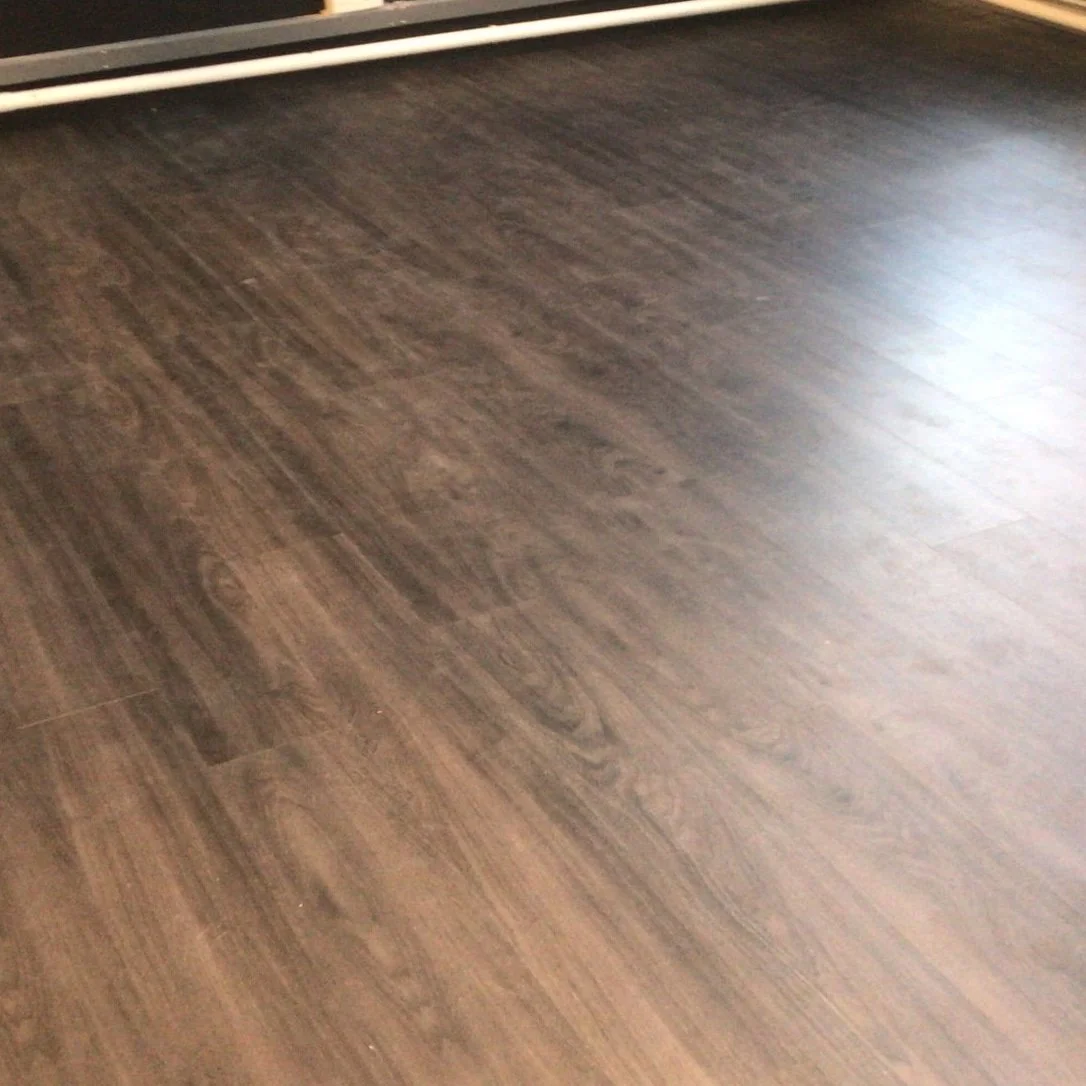Hardwood Vs. Engineered Wood Flooring: Which Is Best For You?
In the realm of flooring options, hardwood and engineered wood stand out as popular choices, each with its own set of advantages and considerations. Whether you’re renovating your home or designing a new space, selecting the right flooring material is crucial for both aesthetic appeal and practicality. Let’s delve into the differences between hardwood and engineered wood flooring to help you make an informed decision.
Understanding Hardwood Flooring
Hardwood flooring exudes timeless elegance and charm. Crafted from solid wood, this type of flooring offers unparalleled authenticity and natural beauty. Common hardwood options include oak, maple, walnut, and cherry, each with its unique grain patterns and colours.
Pros of Hardwood Flooring:
Longevity: Hardwood floors are renowned for their durability and longevity. With proper maintenance, they can last for generations, adding value to your property over time.
Aesthetic Appeal: The rich textures and warm tones of hardwood lend a sense of luxury and sophistication to any space. Whether your décor is classic or contemporary, hardwood flooring complements a variety of interior styles.
Refinishing Potential: One of the major advantages of hardwood flooring is its ability to be sanded and refinished multiple times. This allows you to restore its original lustre and address surface imperfections, effectively extending its lifespan.
Considerations for Hardwood Flooring:
Cost: Hardwood flooring tends to be more expensive upfront compared to engineered wood. However, its longevity and timeless appeal often justify the investment in the long run.
Susceptibility to Moisture: Solid hardwood is prone to expanding and contracting in response to changes in humidity and moisture levels. As a result, it may not be suitable for areas prone to high moisture, such as bathrooms or basements.
Installation Challenges: Installing hardwood flooring requires expertise and precision, especially when dealing with irregularities in subflooring or intricate room layouts.
Exploring Engineered Wood Flooring
Engineered wood flooring offers a practical alternative to solid hardwood, combining the beauty of natural wood with enhanced structural stability. It consists of a top layer of real wood veneer bonded to multiple layers of plywood or high-density fiberboard (HDF).
Pros of Engineered Wood Flooring:
Dimensional Stability: Unlike solid hardwood, engineered wood is less susceptible to expansion and contraction caused by fluctuations in moisture and temperature. This makes it an ideal choice for areas with variable environmental conditions.
Versatility: Engineered wood flooring can be installed on various subfloor types, including concrete slabs and radiant heating systems, expanding its applicability to a wide range of settings.
Cost-Effectiveness: While still offering the aesthetic appeal of real wood, engineered flooring is often more budget-friendly than solid hardwood. It provides excellent value for those seeking a balance between quality and affordability.
Considerations for Engineered Wood Flooring:
Durability of Wear Layer: The durability of engineered wood flooring largely depends on the thickness of the top layer or wear layer. Higher-quality products typically feature thicker veneers, offering greater resistance to scratches and wear.
Limited Refinishing Options: Unlike solid hardwood, engineered wood has a limited capacity for refinishing due to its thinner top layer. Depending on the product, it may only withstand one or two sanding and refinishing sessions.
Perception of Authenticity: While engineered wood closely mimics the look of solid hardwood, some purists may prefer the genuine feel of natural wood underfoot.
Making the Decision
When choosing between hardwood and engineered wood flooring, consider your specific needs, lifestyle, and budget constraints. If you prioritize authenticity, longevity, and the ability to refinish your floors periodically, solid hardwood may be the ideal choice for you. On the other hand, if you value dimensional stability, versatility, and cost-effectiveness, engineered wood flooring offers a compelling alternative without compromising on aesthetics.
In conclusion, both hardwood and engineered wood flooring have their merits, and the best option ultimately depends on your preferences and circumstances. By weighing the pros and cons of each material and assessing your unique requirements, you can make an informed decision that enhances the beauty and functionality of your space for years to come.

